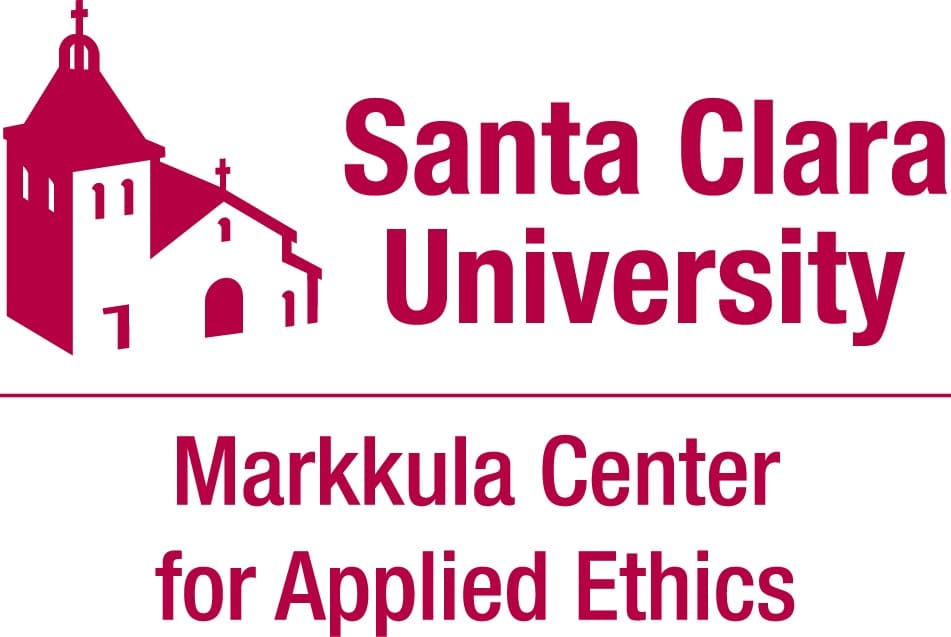
The Standards for Excellence Institute has been following a news story in Baton Rouge, Louisiana about Timothy Young, the CEO of Open Health Care Clinic and the HIV/AIDS Alliance for Region Two, Inc. A series of articles describes a situation where Mr. Young negotiated a special compensation arrangement with his board, including an incentive that would entitle him to a bonus or finder’s fee for major gifts made to the agency under his leadership. This story raises important questions related to best practices in governance and management of nonprofit charitable resources, and provides a sharp example of the importance of embracing best practices, as articulated in the Standards for Excellence: An Ethics and Accountability Code for the Nonprofit Sector. For over 20 years, we’ve been encouraging nonprofits to commit to and live by the Standards for Excellence tenets. This story highlights the need for our fundraising standard:
Resource development personnel, including both employees and independent consultants, should not be compensated based on a percentage of the amount raised or other commission formula.
Of course, the Institute is not the only entity that takes a stand on percentage-based compensation for nonprofit professionals who are raising money. The Association of Fundraising Professionals (AFP) also asserts that compensating fundraisers based on commissions or percentages is unethical. This professional association of fundraisers and development professionals recommends compensation based on a set fee. In addition to guarding against hiring fundraisers on a percentage basis, the Association’s Code of Ethical Principles and Standards for Professional Practice also makes it clear that fundraisers should not pay, seek, or accept finder’s fees, (or) commissions.
As we describe in our Standards for Excellence educational resources on this topic, commission-based compensation for fundraisers is considered unethical and inappropriate for many reasons, including:
- The practice may undermine the public’s trust in the nonprofit organization;
- The fundraiser’s self-interest may appear a larger motivation than support of the mission, which is unintended negative messaging associated with the organization;
- It is considered unprofessional or amateur – professionals are compensated for their time, amateurs are not;
- The IRS may conclude the fundraiser’s compensation is unreasonable, constituting an excess benefit, and putting the tax exemption of the organization in jeopardy;
- The practice encourages fundraisers to place pressure on donors for immediate needs, which can prove to be detrimental to the nonprofit organization and the fundraiser over the long-term;
- It may be viewed as privately benefiting fundraisers, rather than serving the public purposes of the nonprofit; and
- The practice may short-change the organization or the fundraiser.
As is often the case, the story in Baton Rouge has its share of twists and turns, including major planned gifts that were promised but not yet received, investigations that were promised, and concerned staff members. It is always courageous for leaders of an organization to stand up for the mission of the organization and their ethical principles. It appears that that is exactly what happened in Baton Rouge, where several executives left their jobs in protest over questionable fundraising practices that threaten the public’s trust in OHCC, and put its tax exempt status on the line.
For more information on the Standards for Excellence code, please click here: https://standardsforexcellence.org/Home-2/code



